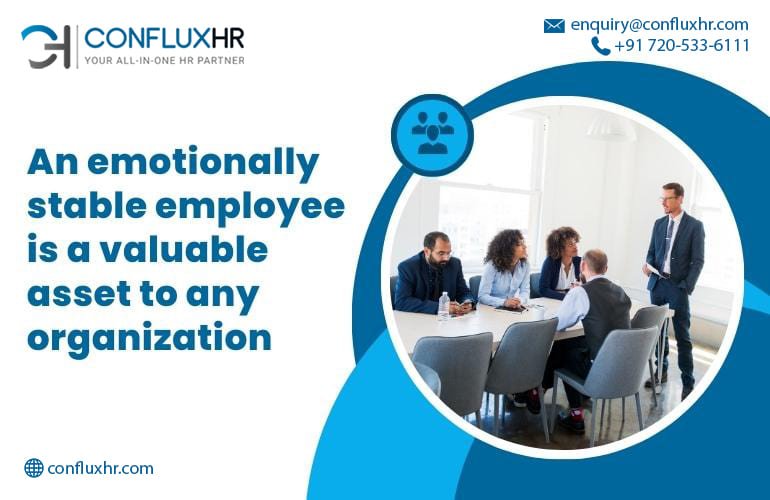Emotional stability is a trait that’s highly valued by employers because it helps people cope with stress and perform better at work. However, it can be difficult to assess a candidate’s emotional stability during the hiring process. In this blog post, we’ll explore what emotional stability is, why it’s important, and how to identify it in job candidates.
What is Emotional Stability?
Emotional stability refers to a person’s ability to manage their emotions and respond to stressors in a healthy way. Someone who’s emotionally stable can stay calm and level-headed even in difficult situations, such as a tight deadline or a confrontational conversation. They’re less likely to get overwhelmed by their emotions or react impulsively.
Why is Emotional Stability Important?
There are many reasons why emotional balance is important in the workplace. Here are just a few:
- Job performance: Employees who are emotionally stable are better able to focus on their work and perform at their best. They’re less likely to be distracted by their emotions or stress, and more likely to stay productive even under pressure.
- Teamwork: Emotional stability is important for teamwork because it helps people communicate more effectively and work together more smoothly. When people are able to manage their emotions, they’re less likely to clash with their colleagues or get into arguments. This leads to a more positive and collaborative workplace.
- Workplace culture: A workplace that values emotional balance is likely to be more supportive and positive. When people feel that they can be open and honest about their emotions without being judged, they’re more likely to be engaged and satisfied in their work. This leads to better retention rates and a happier workforce overall.
How to Identify Emotional Stability in Job Candidates
Identifying emotional stability in job candidates can be challenging because it’s not always easy to see how people will react to stressors in the future. However, there are a few things you can look for:
- Emotional intelligence: Candidates who are emotionally intelligent are more likely to be emotionally stable. Emotional intelligence involves being aware of your own emotions and those of others and using that awareness to make better decisions and communicate more effectively. You can assess emotional intelligence through behavioral interview questions or personality tests.
- Stress management skills: Candidates who have good stress management skills are also likely to be emotionally stable. This involves being able to identify when you’re feeling stressed and taking steps to manage it, such as practicing mindfulness or taking a break. You can ask candidates about how they cope with stress in their personal and professional lives.
- References: Finally, you can ask candidates for references from former employers or colleagues who can vouch for their emotional stability. These references can provide valuable insights into how a candidate manages their emotions and responds to stressors in the workplace.
The Way Forward!
In conclusion, emotional stability is an important trait to look for in job candidates because it affects job performance, teamwork, and workplace culture. While it can be difficult to assess candidates during the hiring process, there are a few things you can look for, such as emotional intelligence, stress management skills, and references. By prioritizing solidarity in your hiring process, you can build a more positive and productive workplace culture.


